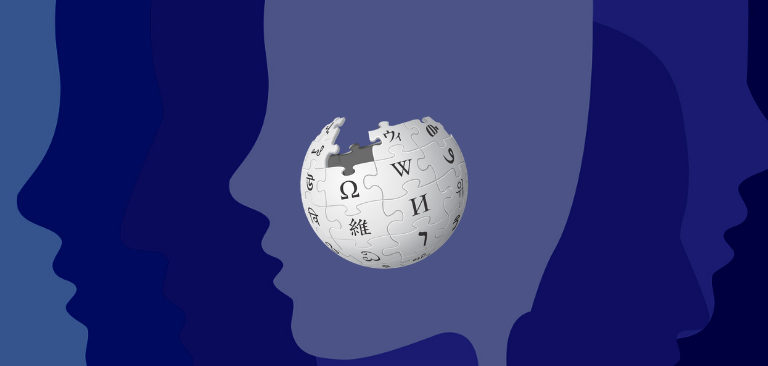Wikimedia Foundation, the organization that funds Wikipedia, has come out with a draft Code of Conduct that critics fear might be geared toward promoting even more bias on the “online encyclopedia.”
Wikipedia is only one of the sites maintained and bankrolled by the Foundation, a non-profit, which last May said the Code of Conduct would be drafted and imposed on them all. The very announcement was seen by volunteers participating in these projects as a move that would result in more outside control and diminished autonomy.
The proposed Code is now out for the community members to review and comment on – and according to reports, despite the fact that the document pledges its purpose is to “empower as many people as possible” – it is already causing a stir among those who fear it will in reality introduce more ideological bias.
Although Wikimedia’s Code promises quite the opposite – namely, nurturing global communities around its project that avoid bias and prejudice – certain provisions aiming to regulate what’s termed as expected, and unacceptable behavior are raising some eyebrows.
In the “expected behavior” section, a lot of thought seems to have gone to concerns around identity politics – preferred names, identities, pronouns, etc. But some users commenting on the draft worry that this is worded in a way that might easily result in punishing contributors for honest mistakes rather than any intent to deny another’s chosen identity.
As for what’s outright unacceptable, the draft talks about harassment, sexual or otherwise, as well as threats and slurs; but then things begin to go further south as the notion of “stalking” is introduced and associated with behavior such as “following someone across a site and repeatedly critiquing their work with the intent to upset or discourage them.”
In reality, critics suspect, this might be interpreted in ways that will discourage users from reviewing and correcting even information that is obviously incorrect, for fear of being banded “a stalker.” Other popular and often misused terms, like “gaslighting,” also pop up in the draft.
Another major point of contention already taking shape is the Foundation’s intent to get involved in enforcing this code – once it gets approved by the Board of Trustees.













